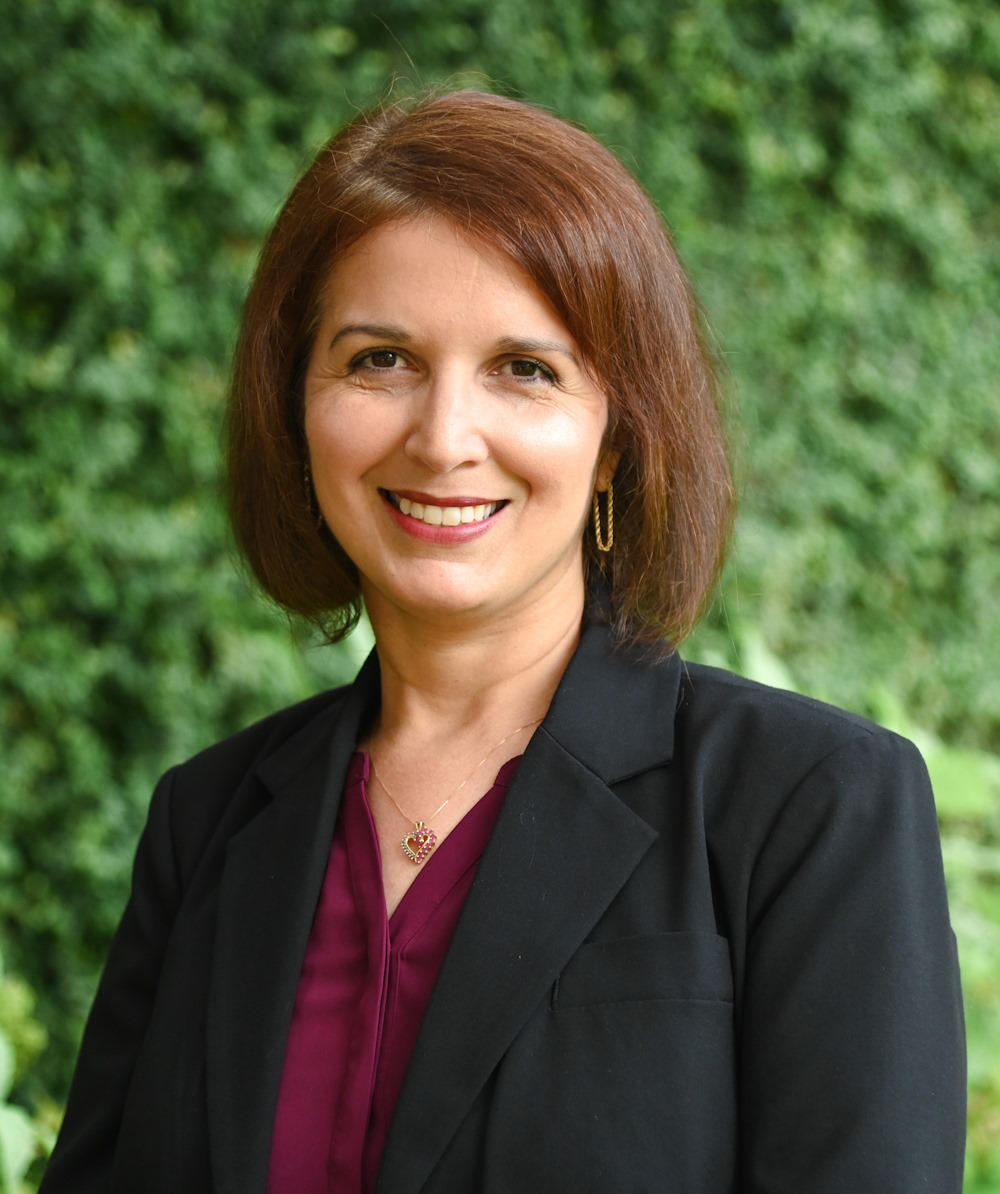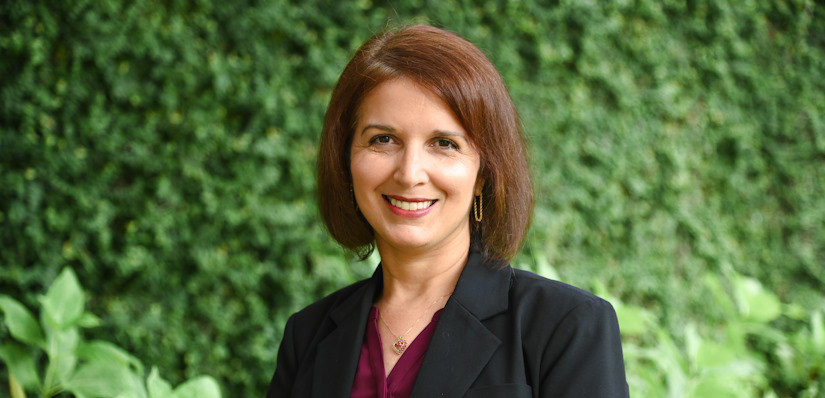August 30, 2024 | Erin Bluvas, bluvase@sc.edu
It was during her bachelor’s program at the University of Puerto Rico that Nelís Soto-Ramírez was first introduced to the field of public health. The biological sciences major collaborated with students from other departments on a poster presentation about HIV, and she was inspired to enroll in the master of public health program at nearby Ponce Health Sciences University.
During this time, she volunteered with different organizations providing services to the communities of Southwest Puerto Rico. Soto-Ramírez also explored public health challenges related to infectious diseases like Hepatitis C in a neighborhood of San Juan.
After graduation, she returned to the University of Puerto Rico to gain lab research experience while earning a master's in microbiology. It was during this time that she taught her first classes, teaching various sciences courses.
“As an instructor, my goal was to create a learning environment that was conducive to active, engaged learning,” says Soto-Ramírez, who also mentored the student researchers she oversaw as the lab coordinator for her faculty advisor. “I aimed to establish a safe space for learning and create an enjoyable educational experience for students, because every student deserves to feel valuable and included.”
Looking to gain additional experience, Soto-Ramírez and her husband moved to South Carolina, where she joined a research lab in the Department of Epidemiology and Biostatistics. Working on a study focused on pregnancy, breast feeding and child health outcomes, she processed biological specimens in the lab and interviewed Hispanic participants.
This introduction to maternal and child health led Soto-Ramírez to join the department's Ph.D. in Epidemiology program. Committed to exploring the field, she completed a consulting practicum with the South Carolina Department of Public Health’s (formerly DHEC) Pregnancy Risk Assessment Monitoring System (PRAMS) related to breastfeeding among WIC participants. Her dissertation investigated the relationship of immune markers in maternal serum during late gestation and in breast milk to asthma-like symptoms and atopy in infancy.
This work led to an interest in the role of epigenetics on pediatric health outcomes, and Soto-Ramírez decided to complete a two-year postdoctoral research fellowship at the University of Memphis. When she returned to South Carolina, she joined the public health department as a biostatistician, developing statistical reports on poison control data, outbreaks, electronic medical health records and more.
“One of my greatest contributions to the state was when I was part of a team for the development of the new web-based surveillance system called South Carolina’s Infectious Disease and Outbreak Network,” Soto-Ramírez says. “This work was a wonderful experience because I got to know the active officials in the state where important work is done to contribute to the public health of SC residents.”

In 2016, she returned to USC – lending her expertise to the College of Social Work as a project manager and senior researcher with the Center for Child and Family Studies. Evaluating SC programs like child welfare, economic services and adult protective services, she continued working with state agencies such as the Department of Social Services. Soto- Ramírez also mentored students in the Master of Social Work program. This fall, she rejoined the Department of Epidemiology and Biostatistics as a clinical assistant professor.
“I would like to bring this public health practice experience into the classroom because my goal is to engage students in real-world problem scenarios where they can have active discussions on how to resolve public health issues,” she says. “Also, to teach them the importance of translating research into practice and policies to improve individual, community and public health.”
In addition to continuing her research in maternal and child health, perinatal epidemiology, epigenetics and child welfare, Soto-Ramírez is excited to get back in the classroom. She’s looking forward to connecting students with resources and opportunities to develop their skills and knowledge in research, practice and community engagement.
“I am eager to use my public health practice background to create a more effective learning environment,” says Soto-Ramírez. “Working at the local and state level made me realize that I can contribute to training a future generation of professionals in the public health field.”
“During her career, Dr. Soto-Ramírez has accumulated impressive breadth of experience in public health practice and research,” says chair Anthony Alberg. “Combined with her teaching experience, we are extremely enthusiastic about the ways she is going to enrich our teaching mission, especially for the students enrolled in the Master of Public Health in Epidemiology program.”
“It is remarkable to see all the accomplishments faculty, staff, and students as they address significant public health issues and challenges on local, state, national, and international levels,” Soto-Ramírez of her old/new department. “One of my goals at the department is to help prepare the next generation of scholars and professional practitioners to serve our communities here in SC and beyond.”
